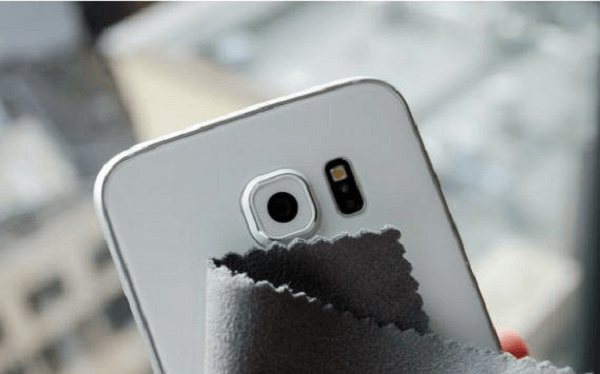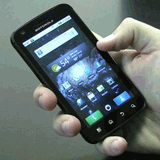Android Data Recovery
8 Tricks for Nice Photo-taking with Smartphone
-- Monday, July 06, 2015
Trick 1 Stay Stable
The outfit design of mobile device tends to be thinner and thinner, so you can't grasp the phone with a big handle as that in DSLR camera. Meanwhile, not all handset has optical anti-shake function and with inner stabilizer setting. Hence, we should firstly focus on stabilization. Try holding smartphone with both hands and freeze for few seconds when taking pictures, then, you will get clear images easily.
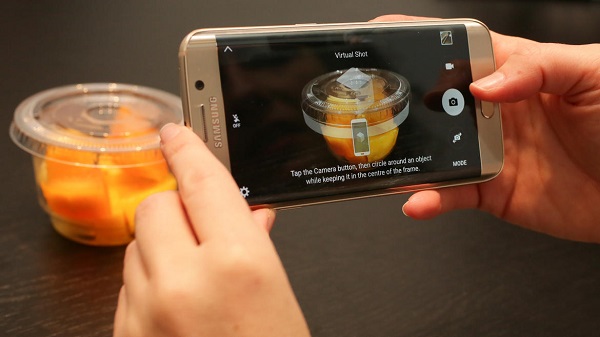
Trick 2 Compose a Shot before Taking
Quite a lot people like taking anything before their eyes into pictures without any thinking. Usually, they can't find even one satisfying picture among hundreds of them in the photo library. Although taking pictures with mobile phone costs little or free, thinking before shooting is still very necessary. We should have a simple composition and preset effect of target pictures in our mind, then, press the shutter to get wanted images.
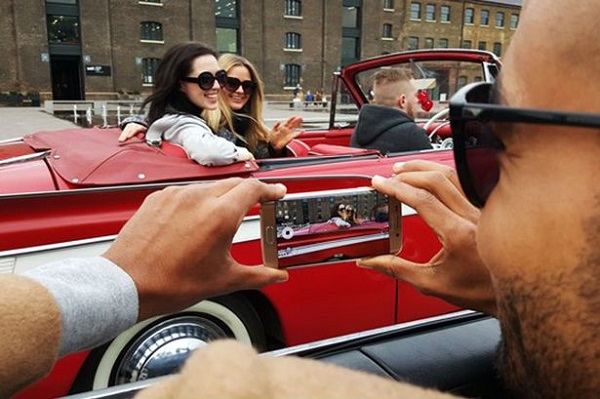
Trick 3 Select Proper Shooting Mode
If there are various shooting modes set in your smartphone or having installed photograph app with scene modes, you should choose a suitable mode according to the surroundings you are in. Though "Auto Mode" setting seems to fit and self-adjust automatically when shooting scenes change, in fact, it can't 100% do it well. So as to take excellent pictures in different scenes, we should take good use of modes like sunset, night view, high-speed movement modes, etc.
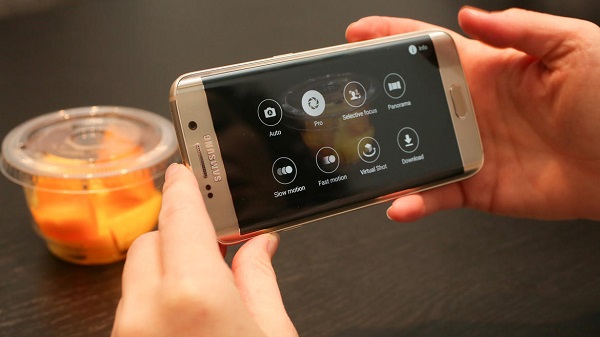
Trick 4 Post-processing of Pictures
To heighten the picture effect, post-processing is necessary, including photographing with smartphone. Owing to a great numbers of photograph apps with different editing styles and highlights, you can easily crop, sharpen, adjust contrast and apply filters to the images in your mobile device.
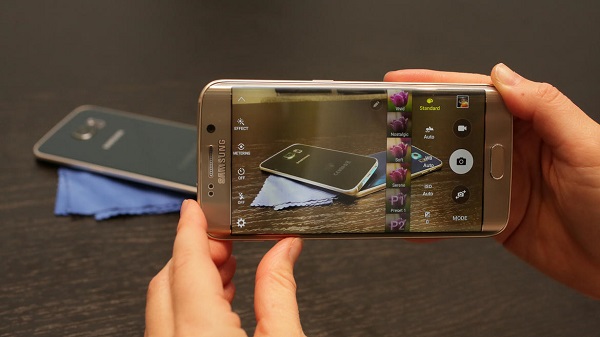
Trick 5 Do Not Use HDR in All Scenes
HDR, as a kind of high dynamic image processing technology can balance exposures of the pictures in some scenes, for instance, back-light shooting or in parts of the scene with strong light and darkness. HDR can balance pictures and make them clearer in details. But it's not suitable for snapshot or common light for HDR pictures are composed by several continuous shootings.
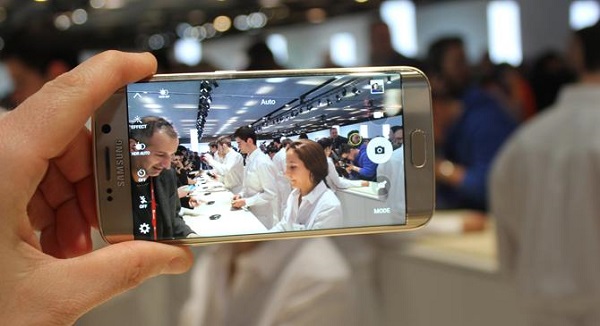
Trick 6 Use Portable Tripod
Tripod can steady the camera to make pictures stable and clear especially when you photograph at night in low-speed. To a amateur of photo-taking with smartphone, a portable tripod is worth consideration. It helps you to take stable and clear pictures, in the meantime, make it easier to do time-lapse shooting.
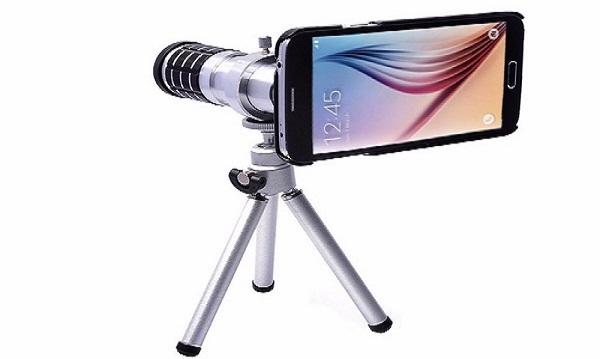
Trick 7 Do Not Use Zoom Lens
Nowadays, mobile phones are scarcely equipped with optical zoom. The so-called zoom is actually digital zoom achieved by software's calculation interpolation. Perhaps, you can magnify the image 3 times, but worsen the resolution and detail and make the picture full of noises. Thus, the best zoom tool is your feet. You can keep moving to search for a finest shooting position instead of using digital zoom.
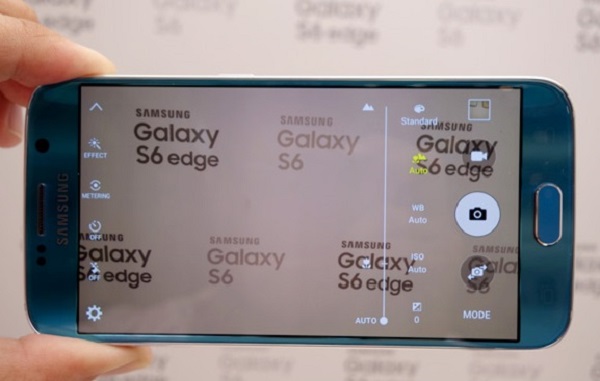
Trick 8 Clear up the Lens
One of the difference between cellphone and camera is that smartphone is multifunctional device, more than a camera. When you are giving a call, your finger may unconsciously cover the lens and leave prints on it. Therefore, before shooting, we should wipe the lens with stuff like cloth, scarf, clothes, etc so as to remove the dust, fingerprints and greasy dirt to enhance the photograph effect.
